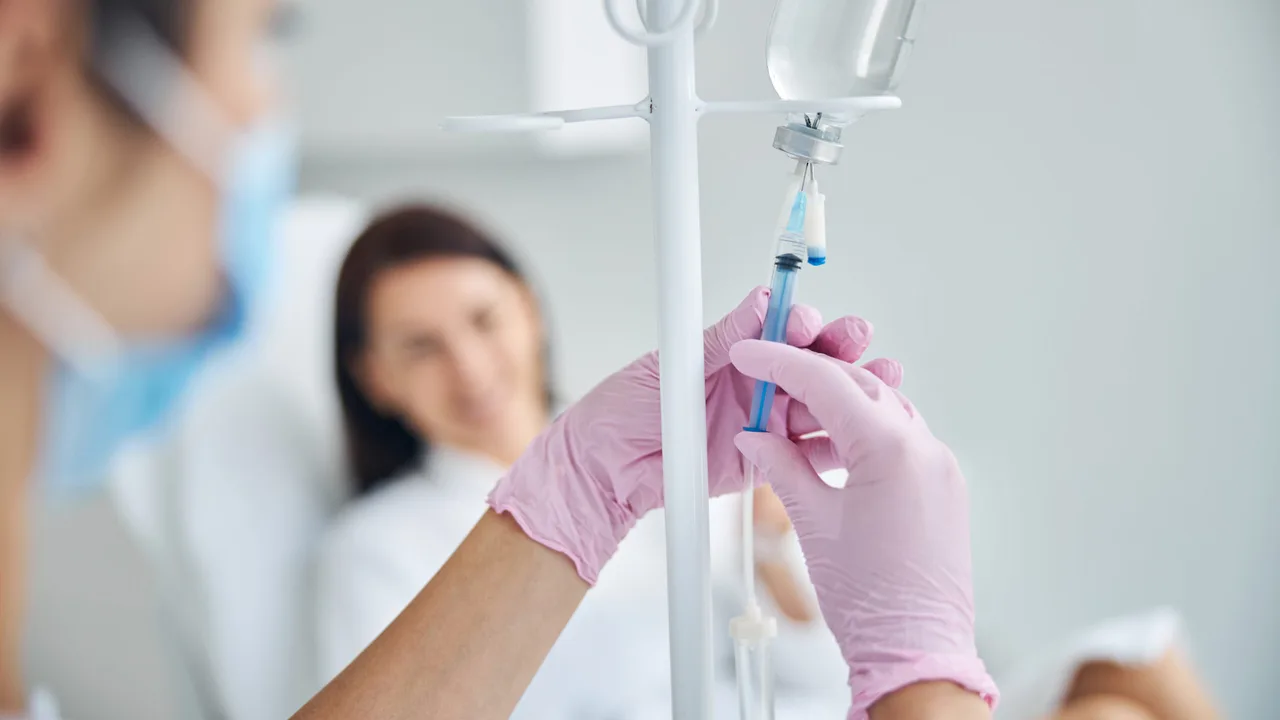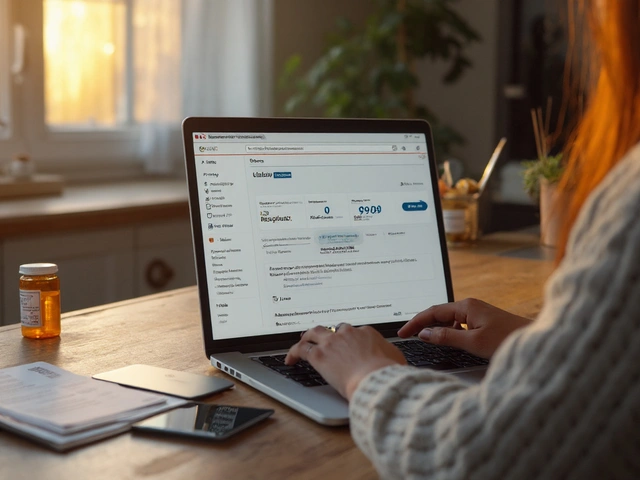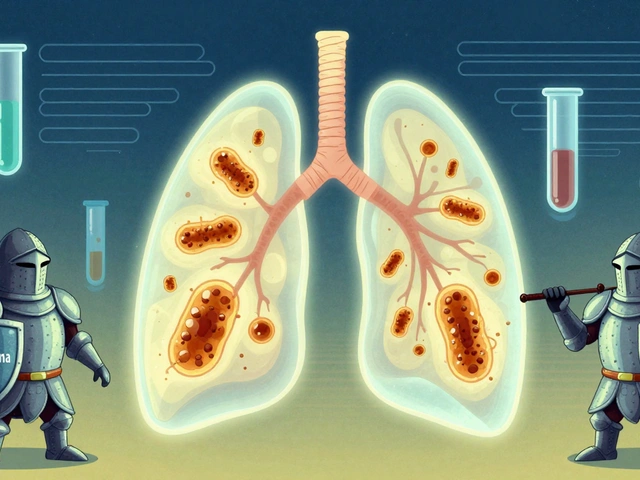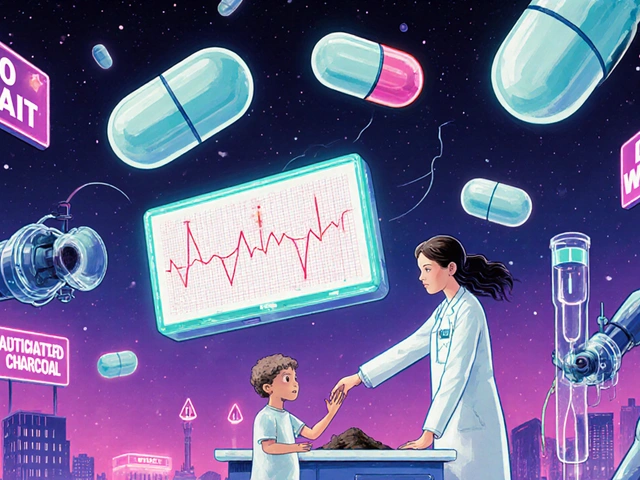Cancer care: clear, practical steps to make treatment safer and easier
Facing cancer brings a lot of questions. You don’t need medical jargon—just clear, practical steps that help you manage treatment, medications, and daily life. This page collects reliable tips so you can talk to your care team with more confidence and make better choices about medicines and symptom control.
Medication basics and safety
Keep one up-to-date medication list and share it with every provider. Include prescription drugs, supplements, and over-the-counter medicine. Why? Many cancer drugs interact with common pills and herbal products. A simple list prevents dangerous overlaps and helps your oncologist adjust doses.
When you get a new drug, ask three quick questions: what it’s for, how to take it, and what side effects need urgent attention. If the answer sounds vague, ask again. Some side effects are common and manageable; others need fast action. Know the phone number for your clinic’s on-call team before symptoms start.
If you shop online for medication, check for a licensed pharmacy, clear contact details, and a requirement for a prescription. Avoid sites that offer prescription drugs without asking for a script. RXMedicin has guides on spotting trusted online pharmacies and tips for safer purchases.
Managing symptoms and everyday problems
Nausea, fatigue, pain, and low appetite are among the most common issues. Talk to your team about targeted options: anti-nausea meds, short-term steroids, or non-opioid pain strategies. Simple steps help too—small, frequent meals, light walks if you can, and planned rest periods.
For pain, there are real alternatives to strong opioids depending on your situation. Ask about topical treatments, nerve pain medications, or procedures like nerve blocks if pain isn’t controlled. Don’t let fear of side effects stop you from getting relief—controlled, monitored treatment improves quality of life.
Mental health matters. Feeling low, anxious, or overwhelmed is normal. Antidepressants and counseling can make a big difference. Bring concerns up early; treating mood issues helps you cope with physical treatments and follow medical plans better.
Practical planning makes treatment easier. Keep a symptom diary, bring a friend to appointments, and ask for written instructions. If costs are a problem, ask about generics, patient assistance programs, or pharmacy alternatives—many clinics can point you to savings options.
If you want more specific guides—how to handle infections, manage fluid buildup, or find safe pharmacies—browse the linked articles on this tag. Each piece is written to give clear steps you can use right away and questions to take to your care team.
You’re not alone in this. Small, practical actions add up: clear medication lists, honest conversations with your providers, and a few manageable habits at home make treatment safer and day-to-day life easier.
 8 November 2023
8 November 2023
The Role of Intravenous (IV) Therapy in Leukemia Treatment
Hi there, I'm getting into a pretty heavy topic today - the role of intravenous (IV) therapy in leukemia treatment. It's a critical component that makes a huge difference in patient recovery. Through this post, I'll shed some light on how IV therapy works, its importance, and why it's a preferred method for cancer care. Join me as we delve deeper into understanding this approach in our fight against leukemia.
Latest Posts
-

How and Where to Buy Advair Diskus Online Safely (2025 Guide)
-

Buy Generic Lipitor Online Cheap: Safe Options, Prices & 2025 Guide
-

Tuberculosis: Understanding Latent Infection, Active Disease, and How Drug Therapy Works
-

Atomoxetine Overdose: What to Watch For and How It’s Treated
-

Smoking and Heart Disease: Proven Cessation Strategies That Save Lives

13